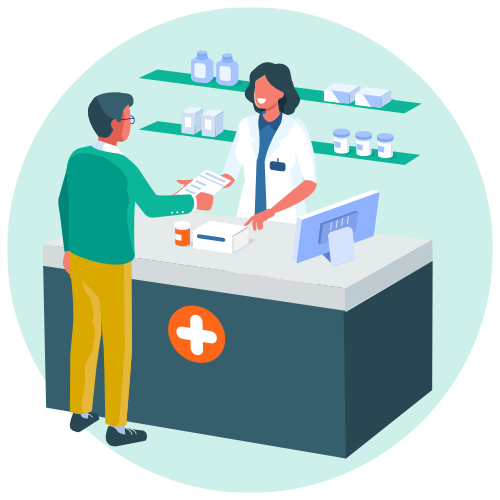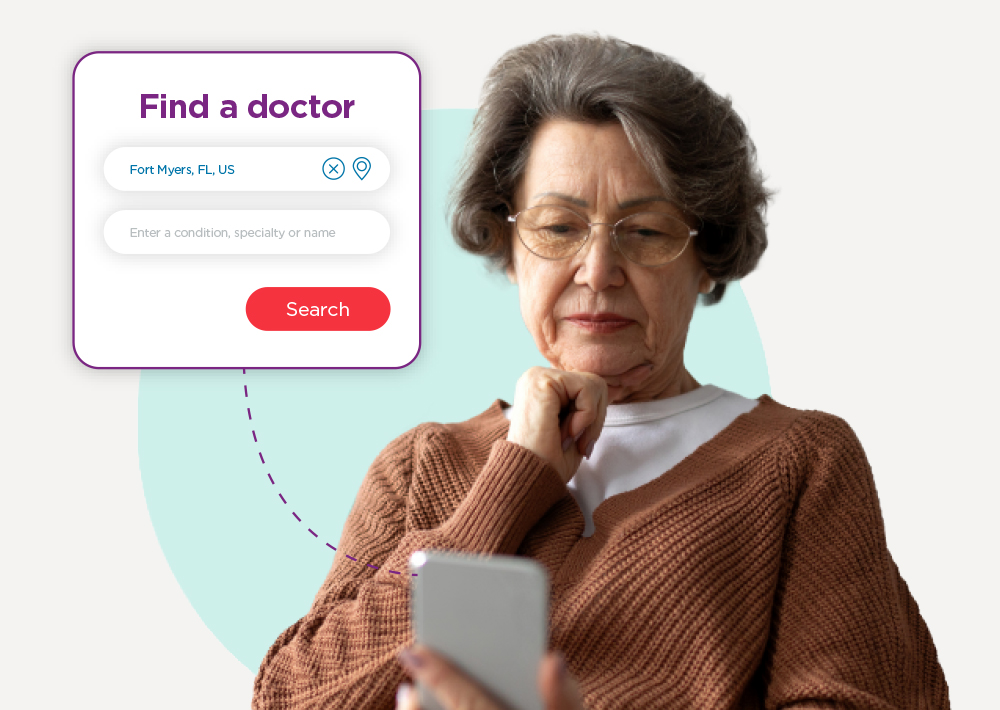
While improving medication adherence is a priority across the industry, the factors fueling nonadherence are complex. Many patients face financial, educational and other barriers to starting—and staying on—treatment. To help patients successfully continue taking their medication as prescribed, it’s vital to understand and address these challenges as early in the patient journey as possible. Explore key insights in this infographic.
Improving patients’ medication adherence is an industry-wide priority, but numerous, complex factors contribute to nonadherence. Many patients face financial, educational and other barriers to starting and staying on—treatment. To help patients successfully continue taking their medications as prescribed, it’s vital to understand and address the specific barriers each patient faces as early as possible in their treatment journey.
Medication nonadherence costs the healthcare industry billions every year…
- $100 billion to $300 billion—total annual estimated cost of medication nonadherence in the U.S.1
- Up to 69%—of medication-related hospital admissions are due to poor medication adherence2
…as many patients struggle to fill their prescriptions and successfully continue therapy.
- 1 in 3—patients never fill a prescription across categories3
- 50%—of medications for chronic disease are not taken as directed4
Medication adherence barriers are varied and complex. Facing challenges that range from financial constraints to lack of knowledge around the importance of taking prescriptions or available support programs, it’s no surprise that many patients have trouble staying on track with their medications.
Patients don’t take their prescriptions for a variety of reasons…
- 11%—of surveyed patients with chronic obstructive pulmonary disease (COPD) who stopped taking their COPD maintenance medication did so because of cost5
- 28%—of surveyed migraine patients who tried a preventive migraine medication but stopped taking it did so because of side-effect concerns6
…but if they had relevant support resources, they might stay on treatment.
- 41%—of surveyed COPD patients said they would like information about financial support to cover their medication costs7
- 36%—o of surveyed migraine patients said they would find information about how medications for migraine work to be most helpful8
In addition, many patients aren’t aware that there are medication-adherence resources available to them, such as patient-support and prescription-discount programs.
- 1 in 3—patients had little to no knowledge of patient support programs (PSPs)9
- Only 3%—of eligible patients currently use PSPs10
- 39%—of patients don’t understand how prescription-discount services work or how to start using them11
In summary…
Although financial challenges and low awareness are the predominant factors affecting patients’ medication adherence, those obstacles present an ideal opportunity for industry stakeholders to address these issues by reaching patients with relevant educational and support resources just after they’ve been prescribed a medication.
Meeting patients at high-intent moments in their medication adherence journey with relevant educational materials or financial assistance information can empower them to ask their doctors in-depth questions about their prescriptions and help them access the tools they need to overcome adherence barriers.
Learn how Phreesia can help you reach patients the moment they’re prescribed a medication and deliver tailored support materials that address their unique needs.
Sources:
1,2 Benjamin RM. Medication Adherence: Helping Patients Take Their Medicines As Directed. Public Health Reports. 2012;127(1):2-3. https://doi.org/10.1177/003335491212700102
32022 National Institutes of Health Meta-Analysis
4 Meera Viswanathan, PhD. Interventions to Improve Adherence to Self-administered Medications for Chronic Diseases in the United States. Annals of Internal Medicine. 2012; https://doi.org/10.7326/0003-4819-157-11-201212040-00538
5,7Phreesia COPD treatment and perceptions survey, September-October 2021, n=1,994
6,8 Phreesia migraine treatment and perceptions survey, July 2021, n=4,095
9,10 Phreesia PSPs survey, February-March 2021, n=4,869
11 “Rx Adherence,” Healthline Media, n=1,327, December 2022.



